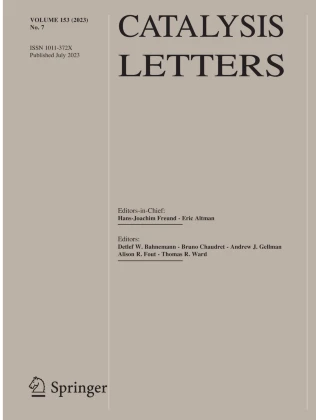Biochemical Characterization and Wash Performance Analysis of a Protease Purified from the Seeds of Cyamopsis tetragonoloba
Abstract
Proteases are essential enzymes with broad importance in biological, commercial, and therapeutic applications. A protease was isolated and purified from the seeds of Cyamopsis tetragonoloba. In the current study, the enzyme was further explored and characterized. The protease was found to exhibit significant cleavage towards synthetic substrates like N- succinyl phenyl alanine p-nitroanilide (82%) and N-succinyl Ala-Ala-Ala p-nitroanilide (93.2%) when compared to N-αBenzoyl-DL-arginine ϸ-nitroanilide. The protease also cleaved natural substrates and the cleavage pattern of BSA and casein indicated that the purified protease was an endopeptidase. The kinetic parameters Km and Vmax were determined as 97.2 mM and 0.71 mM/min respectively using N-αBenzoyl-DL-arginine ϸ-nitroanilide as a substrate. Activation energy, Enthalpy and temperature coefficient of the protease were determined to be 1.91 kcal/mol, 1.25 kcal/mol and 1.093 respectively. The protease activity was stable at up to 0.4 M NaCl. Furthermore, the protease activity increased in the presence of MgCl2 (110%) and was suppressed in the presence of CuCl2 (20%). The enzyme was also stable even in the presence of reducing agent 2-Mercaptoethanol (5mM). The proteolytic activity in non-germinated and germinated seeds of Cyamopsis tetragonoloba was estimated and found to be 1.1 mM/min and 1.8 mM/min respectively. The purified protease was resistant to fast auto-digestion as proteolytic activity remained nearly stable up to 80% at 30 °C as storage time increased from the 1st day to the 14th day after purification. The protease was investigated for its application as a cleansing additive and was efficient in blood stain removal.
Graphical Abstract


 求助内容:
求助内容: 应助结果提醒方式:
应助结果提醒方式:


